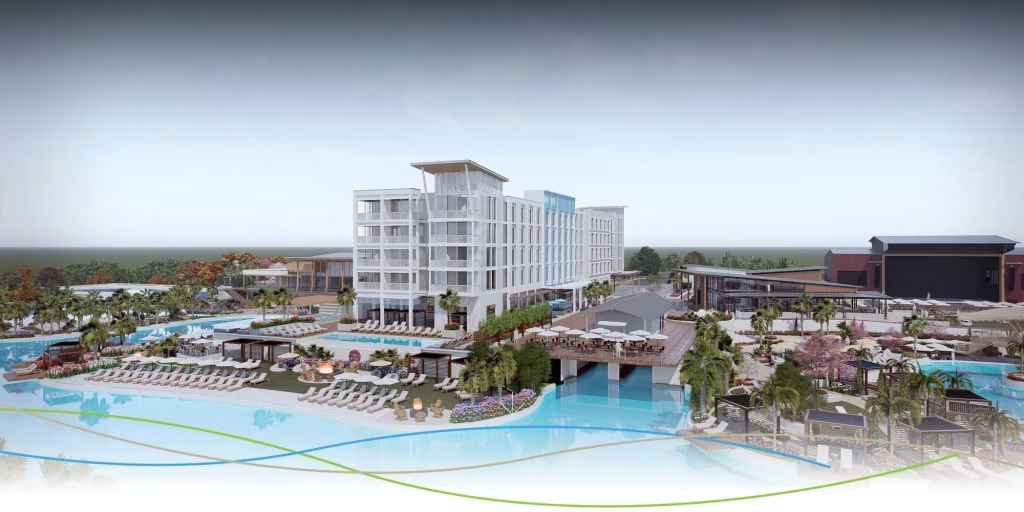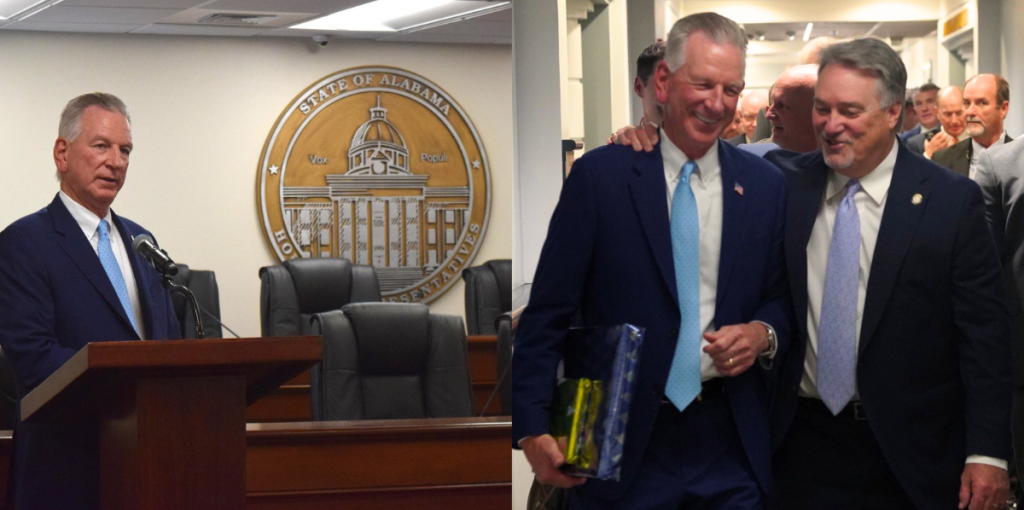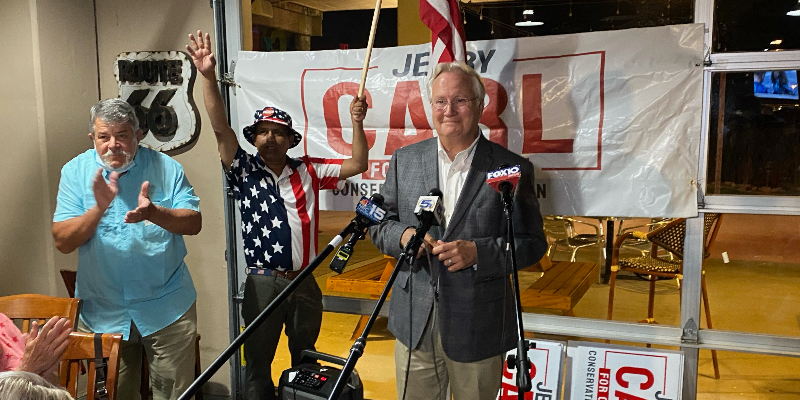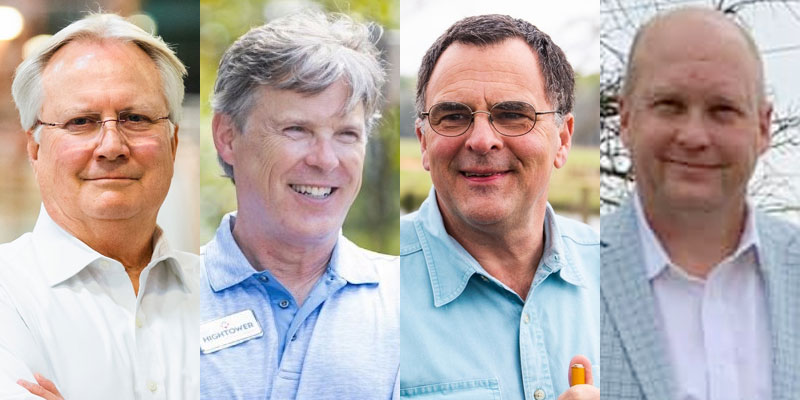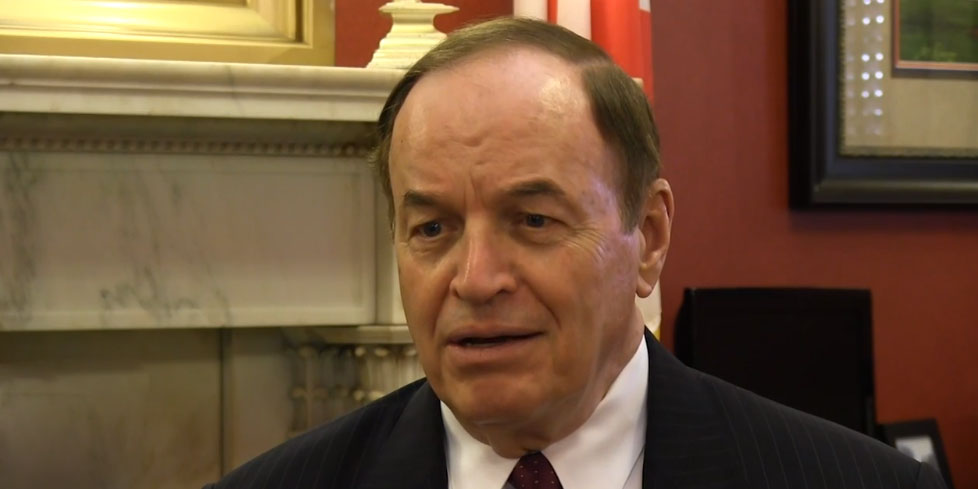
GULF SHORES, Ala. — While many in Alabama’s state government lauded a $2 billion settlement with BP over the 2010 oil spill, some Gulf Coast lawmakers are expressing their frustration at how that money will be appropriated.
In July Congressman Bradley Byrne (R-AL1), whose district includes Alabama’s two coastal counties, detailed for Yellowhammer Radio his concerns about the settlement.
“This area was devastated by that oil spill, and devastated in just about every way you can imagine,” Rep. Byrne began. “A year or so afterwards, Congress passed a law called the RESTORE Act, and the intent of that law was to make sure that the vast majority of the dollars recovered that would have to be paid by BP as a result of the spill, would flow into local communities down there, either directly to the cities or counties or through this council that was set up under the law called the RESTORE Act Council.”
More recently Byrne told Yellowhammer that views on the settlement have not changed since the release of more details.
“The settlement is severely flawed because it puts too much money under control of the federal and state governments,” said Byrne. “A better settlement would have directed more money into the RESTORE Act process and allowed our coastal communities to decide how the money should be spent.”
“We need the state Legislature to remember two facts,” added Mobile Mayor Sandy Stimpson. “One is that there were real economic and environmental consequences from the oil spill which continue to this day. The second is that our region is a tremendous economic engine for the entire state. Returning more of the settlement to coastal Alabama is not only the right thing to do, but it is also good common sense.”
Similarly, Gulf Shores Mayor Robert Craft told Yellowhammer he hopes the coastal communities can come to a mutually beneficial agreement with the state.
“I have to agree that all of us here on the Gulf Coast are disappointed about the money we were slated to receive through the RESTORE Act,” said Mayor Craft. “Its specific purpose was to to direct the money to coastal recovery. This is totally adverse to that. The total of the money that is needed here for continued recovery and resiliency from the different factors that we face on the Gulf has been shifted away. That is unfortunate, but I am hopeful that with discussions with the governor, we can come to some conclusion that there are projects here that could aid in the continued recovery that could also be of great benefit to the state.”
The ultimate decision on how on how the BP settlement money will be spent lies with the Alabama Legislature, a reality that Attorney General Luther Strange alluded to in a statement to Yellowhammer.
“The role of Attorney General’s Office in the BP litigation was to secure as much economic damage settlement money as possible for Alabama,” said Strange. “This has been accomplished. How to divide and spend the money is the responsibility of the Alabama legislature. The Florida legislature agreed to direct 75 percent of its economic damage funds to northwest coastal areas. I would not be opposed to the Alabama legislature following a similar path.”
But many lawmakers, in addition to Governor Bentley, believe the revenue lost due to the oil spill created an impact that ranges father than just the state’s coastal counties. Some members believe it is in the best interest of those they represent to distribute the settlement money across the state.
When the Legislature convenes in February for the 2016 Regular Session, however, Mobile-area Republicans Senator Bill Hightower and Representative Maggie Wilcox will be ready with legislation mandating much of the settlement be spent on infrastructure projects in the coastal region.
“We want to get the language nailed down so that the moment they open the books and gavel in (the session), we can have one version of it working through the House and the same version working through the Senate,” said Wilcox.
Like this article? Hate it? Follow me and let me know how you feel on Twitter!
— Elizabeth BeShears (@LizEBeesh) January 21, 2015




